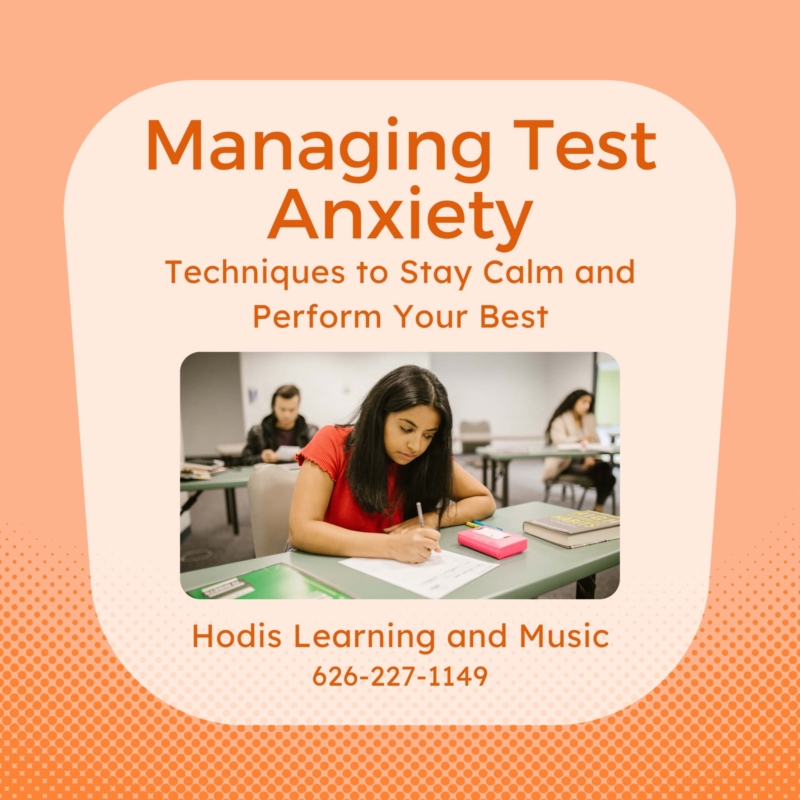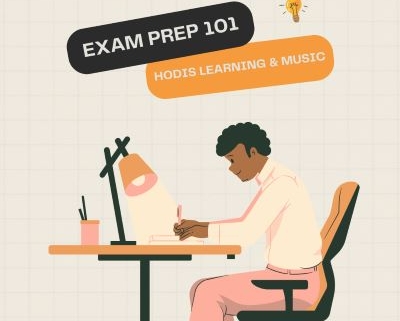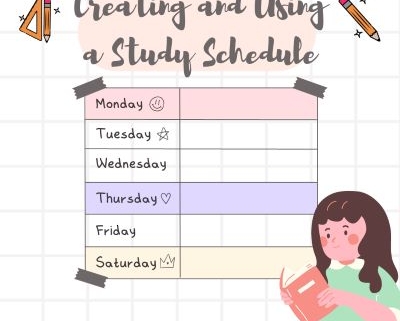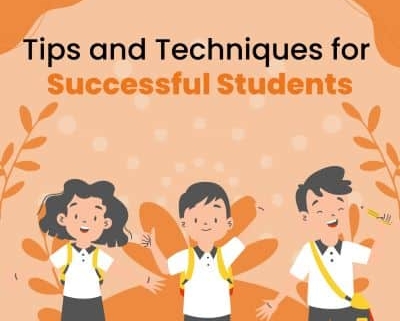Study habits, learning strategies, and the importance of motivation are often highlighted when discussing academic achievement. However, a critical aspect of learning that doesn’t receive enough attention is executive function and its counterpart, executive dysfunction. Executive functions are cognitive processes that allow us to plan, focus attention, remember instructions, and juggle multiple tasks effectively. When these functions are impaired, it’s known as executive dysfunction, which can significantly impact a student’s academic performance. This blog post explores executive dysfunction and offers strategies for managing its effects on learning.
Understanding Executive Dysfunction
Executive dysfunction can manifest in various ways. Common symptoms involve difficulty organizing thoughts, following through with tasks, managing time effectively, or starting on homework. It’s not a matter of intelligence or willingness to learn but rather a disconnect in the brain’s ability to manage tasks efficiently. This can be particularly frustrating for students and their families, as the root of the problem is often misunderstood or mislabeled as laziness or lack of effort.
Signs of Executive Dysfunction
Recognizing executive dysfunction involves observing a student’s behavior and academic performance for signs such as:
- Difficulty planning and organizing tasks
- Struggling to prioritize work or manage time effectively
- Trouble focusing on or completing tasks
- Frequently losing or misplacing homework, books, or other items
- Challenges in following multi-step instructions
Understanding that these behaviors may stem from executive dysfunction is the first step in addressing the issue.
Strategies for Managing Executive Dysfunction
- Break Tasks into Manageable Steps: Large assignments can be overwhelming. Breaking them down into smaller, more manageable tasks can help students focus and gradually work towards completion.
- Use Tools and Technology: Planners, timers, and organization apps can be incredibly beneficial for students struggling with time management and organization. Visual aids such as charts and checklists can also help keep track of assignments and deadlines. Some of our favorite apps for students are Notion, Forrest, and MyHomework.
- Establish Routines: Consistent routines reduce the cognitive load required to manage daily tasks. Establishing a set time and place for homework can help students start tasks more easily.
- Provide Clear, Written Instructions: For students who struggle with executive function, remembering verbal instructions can be challenging. Providing written instructions or checklists can help ensure they understand and remember what is expected.
- Encourage Self-Advocacy: Teaching students to understand their executive function challenges and communicate their needs effectively can empower them to seek help when needed and advocate for accommodations in school settings.
- Tutoring and Academic Coaching: Professional support can be invaluable in addressing executive dysfunction. Tutors and academic coaches who understand executive dysfunction can provide personalized strategies and direct support to improve organizational skills, time management, and task initiation. Hodis Learning & Music’s expert tutors and academic coaches have years of experience supporting students with executive dysfunction.
Sign Up for Expert, 1-on-1 Tutoring or Academic Coaching Today!
Our tutors and coaches have years of experience working with students with executive dysfunction. Tutoring is best for students who are in need of improving their performance in a particular subject area, and require some assistance with developing “good student skills.” Coaching is best for students who are in need of all-encompassing help with their academic performance and executive functioning. Learn more by calling us or submitting a form on our website today!









